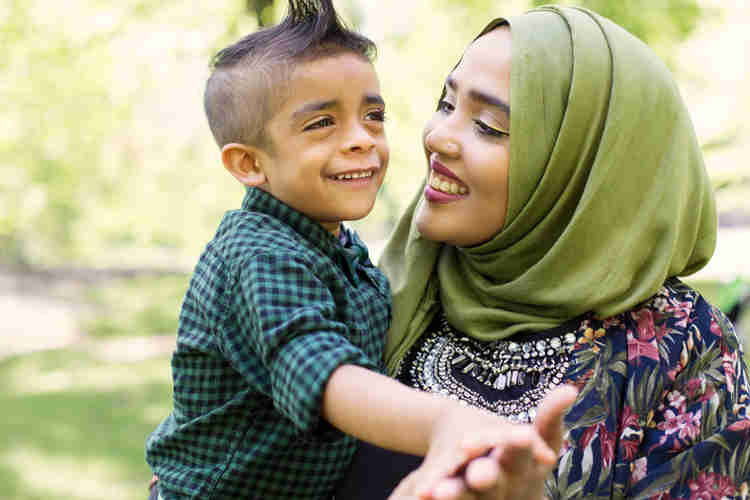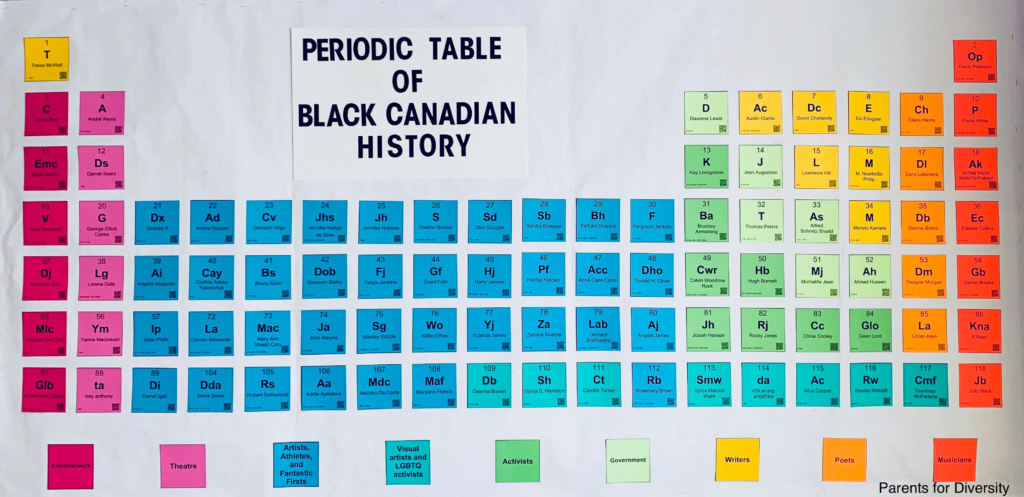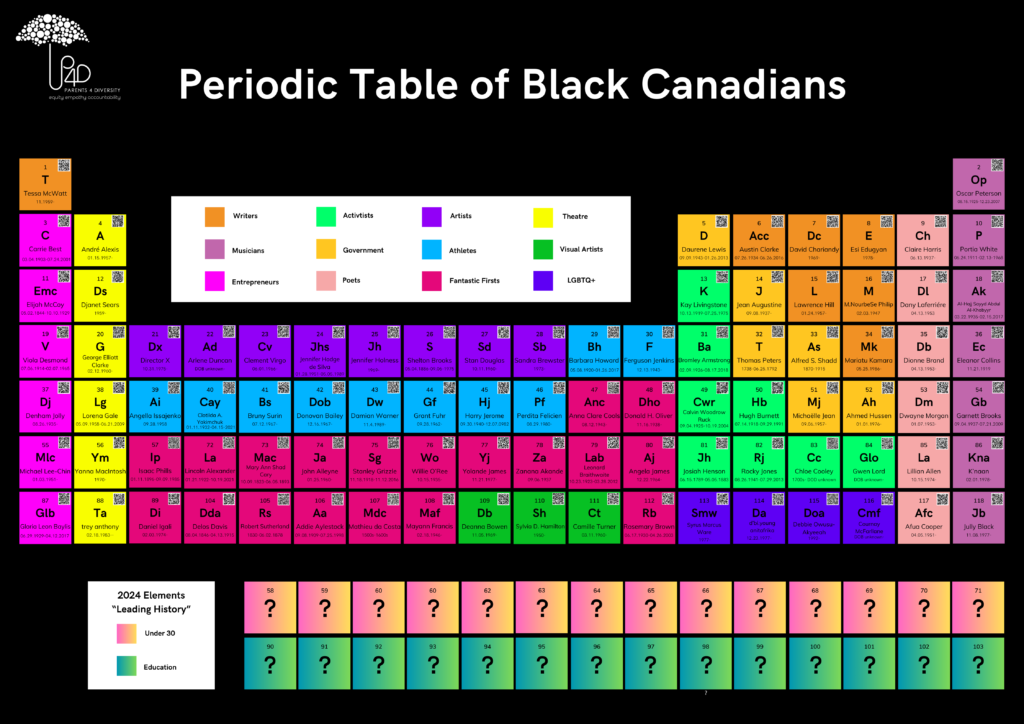Op-ed published in Huffington Post
My daughter scrolls through the atlas with her little fingers. “Mommy, is this the country where that man killed all the people?” She asks, pointing to New Zealand. “Why did he make such bad decisions?” I don’t know how to respond to her. How do I explain what happened to the innocent lives lost because a man, consumed with so much hatred and deeply entrenched fear, believed that the world was better without them?
In the aftermath of the Christchurch terrorist attacks in which at least 50 people were killed, we contemplate how to address the root causes of extremism and bigotry. While New Zealand’s government will introduce stronger gun laws, one cannot legislate against hatred. In order to get to the root causes of extremism and xenophobia, we need to start with our children. We need to teach them how to navigate and embrace a world that is increasingly diverse.
I have not held back from talking to my daughter about racism, xenophobia and violence. I was just a few years older than her when my father, a political exile from South Africa’s apartheid’s regime, sought refuge in Canada. My parents chose Canada as a safe haven for their children to grow up with equal opportunities to succeed; in the same way that the victims of last Friday’s massacre sought refuge in New Zealand. They were refugees and immigrants who settled in Christchurch to imagine a better life for their families.
Canada exemplifies the hallmarks of a diverse society. One out of 5 people is foreign-born, and more than 200 languages are spoken in Canada every day. However, growing right-wing extremism, anti-immigrant sentiments, and “toxic” hate groups as our Prime Minister describes them, are growing in Canada and around the world.
Parents and schools need to respond to this resistance. While our education system developed curricula and equity policies to cultivate diverse and inclusive learning environments, much more needs to be done to teach students the cultural competence to navigate a society where they will work, live and interact with people who share diverse religious and racial identities, among others.
As a parent of school-aged children, I have observed the need for schools to be more inclusive and accepting. Students learn racism and intolerance from a tender age. At the beginning of the academic year, a student stood up on my children’s school bus and yelled out “Nobody likes Black people!” From a young age, my children have been exposed to racism, where their identity and sense of belonging have been called into question. As an advocate, I am approached by parents whose children endure discrimination at school. Whether it is the parent complaining about a student who brought a swastika to school and explained to their classmates the superiority of the white race; or the children who are vilified, tormented and harassed with racist epithets, parents feel there is limited recourse to effectively address systemic discrimination and promote a conscious understanding about diversity and inclusion.
These incidents of racism unfold in schools across Canada, silently sowing seeds of bigotry, fear, and a polarizing “us vs. them” narrative. If these ideas remain unchallenged by educators, and are reinforced through messaging at home, they manifest into deeply entrenched hatred that, in some instances, can lead to violence and terrorism. Students who are not taught to think critically about the world around them, to challenge bias and rhetoric, to deconstruct stereotypes, or to accept difference, develop into adults who can blindly subscribe to ideologies that reinforce divisiveness and extremism.
There is so much we can do to teach our children cultural competence that nurtures self-reflection, acceptance and a willingness to embrace diversity. One way is to talk to our children and students about the massacre of Christchurch, what it means, what we can do as individuals to prevent future violence, and how we can be allies to those who are vulnerable to the increasing intolerance.
The tragedy of the terrorist attacks in Christchurch should give us pause to do more to cultivate in our children a desire to live in a world where diversity and acceptance foster social progress, safe and inclusive societies.
Check out our diversity library for books about racism, including Islamophobia.




